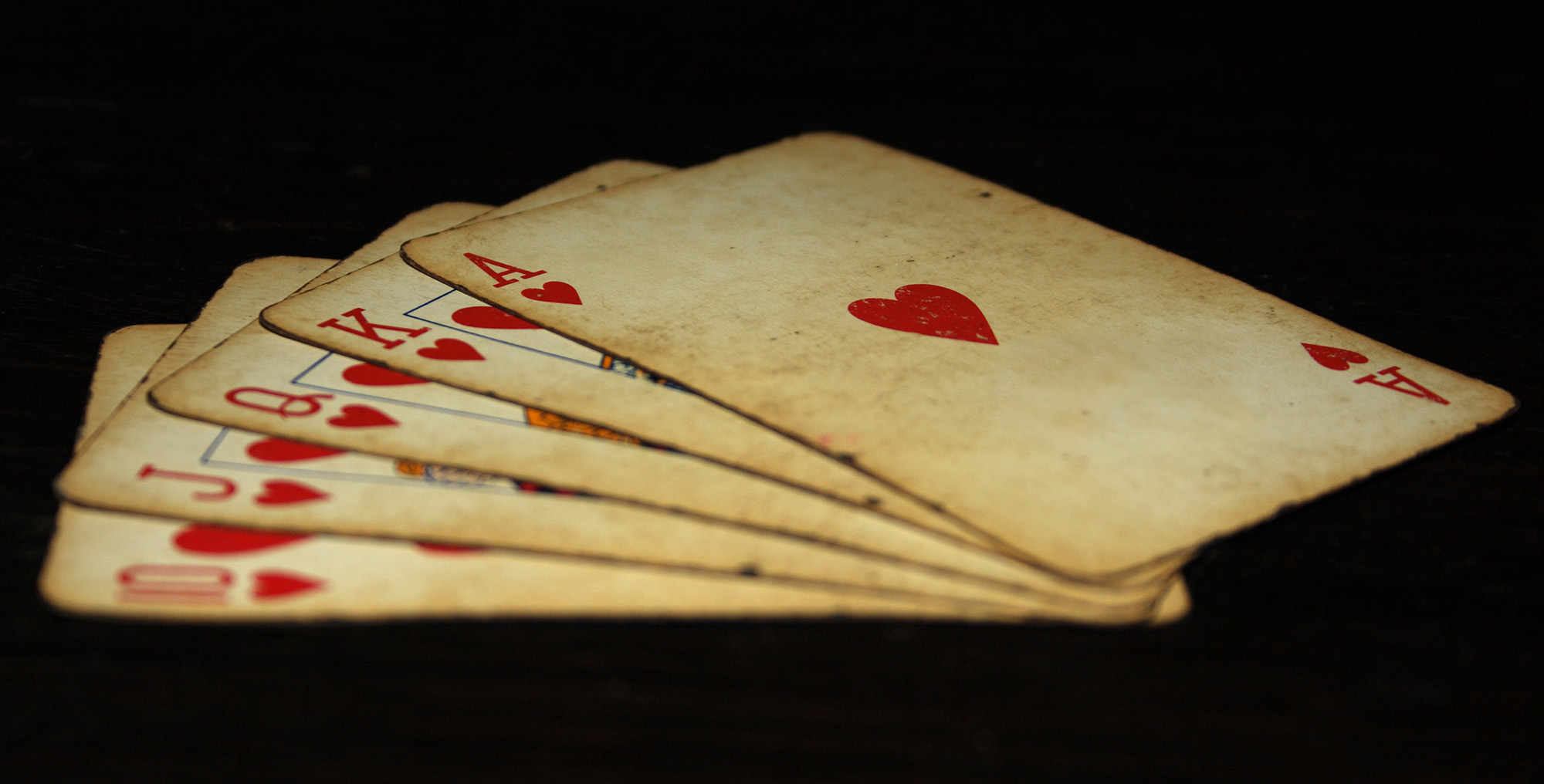L’ensemble des contenus Business Digest est exclusivement réservé à nos abonnés.
Nous vous remercions de ne pas les partager.

Good decision-making requires the ability to be disruptive.
True
False
Right !
When it comes to decision-making, you should veer away from habits, what you have done in the past, what’s comfortable… Etymologically, the word de-cision includes the notion of cutting or severing.
"Choosing means ceaselessly rejecting the person you are for the person you could be. It implies a spirit of adventure." Paul La Cour (Denmark)
"Choosing means ceaselessly rejecting the person you are for the person you could be. It implies a spirit of adventure." Paul La Cour (Denmark)
Wrong !
When it comes to decision-making, you should veer away from habits, what you have done in the past, what’s comfortable… Etymologically, the word de-cision includes the notion of cutting or severing.
"Choosing means ceaselessly rejecting the person you are for the person you could be. It implies a spirit of adventure." Paul La Cour (Denmark)
"Choosing means ceaselessly rejecting the person you are for the person you could be. It implies a spirit of adventure." Paul La Cour (Denmark)
Good decision-making requires remaining open to your surroundings.
True
False
Right !
To make healthy decisions, ensure you remain receptive to your environment (including the international environment) at all times and take interest in current events.
“It’s better to toss a question about without making a decision than to make a decision without tossing the question about". Joubert
“It’s better to toss a question about without making a decision than to make a decision without tossing the question about". Joubert
Wrong !
To make healthy decisions, ensure you remain receptive to your environment (including the international environment) at all times and take interest in current events.
“It’s better to toss a question about without making a decision than to make a decision without tossing the question about". Joubert
“It’s better to toss a question about without making a decision than to make a decision without tossing the question about". Joubert
Good decision-making requires thinking globally.
True
False
Right !
Be sure to regularly analyze how new information modifies even the finest of previous decisions and influences the future. Think globally and act locally, while remaining flexible and precise.
"Guess if you can, and choose if you dare". Corneille
"Guess if you can, and choose if you dare". Corneille
Wrong !
Be sure to regularly analyze how new information modifies even the finest of previous decisions and influences the future. Think globally and act locally, while remaining flexible and precise.
"Guess if you can, and choose if you dare". Corneille
"Guess if you can, and choose if you dare". Corneille
When it comes to making a decision, trust your intuition.
True
False
Right !
To avoid impulsive choices, gather all pertinent information, even information that counters your plans. Then use this information to test your intuition.
"Challenge your initial impulses, because they are quite good". Talleyrand
"Challenge your initial impulses, because they are quite good". Talleyrand
Wrong !
To avoid impulsive choices, gather all pertinent information, even information that counters your plans. Then use this information to test your intuition.
"Challenge your initial impulses, because they are quite good". Talleyrand
"Challenge your initial impulses, because they are quite good". Talleyrand
If you want to make a good decision, do not first ask other people what they think.
True
False
Right !
Constantly remaining receptive to your environment also means asking other people for their opinions prior to decision-making. But you still preserve the responsibility of the final choice.
"There is an old proverb that says the gladiator should garner advice from the arena". Seneca
"There is an old proverb that says the gladiator should garner advice from the arena". Seneca
Wrong !
Constantly remaining receptive to your environment also means asking other people for their opinions prior to decision-making. But you still preserve the responsibility of the final choice.
"There is an old proverb that says the gladiator should garner advice from the arena". Seneca
"There is an old proverb that says the gladiator should garner advice from the arena". Seneca
True decision-makers make a minimum of decisions.
True
False
Right !
A real decision-maker makes a minimum of decisions, but at the right time and based on the most accurate information possible.
"Decision-making is often the art of being cruel at the right time". H. Becque
"Decision-making is often the art of being cruel at the right time". H. Becque
Wrong !
A real decision-maker makes a minimum of decisions, but at the right time and based on the most accurate information possible.
"Decision-making is often the art of being cruel at the right time". H. Becque
"Decision-making is often the art of being cruel at the right time". H. Becque
Good decision-making requires also taking into account everything that you should not do.
True
False
Right !
To make a decision, separate everything you should not do from everything you could do.
"Action is the negation of all possibilities except for one". Herriot
"Action is the negation of all possibilities except for one". Herriot
Wrong !
To make a decision, separate everything you should not do from everything you could do.
"Action is the negation of all possibilities except for one". Herriot
"Action is the negation of all possibilities except for one". Herriot
The decision-making process is evolutive, not spontaneous.
True
False
Right !
The decision-making process is progressive and can be divided into 7 phases. In order, they are, identify the type of problem you are dealing with, define its true nature, specify what you expect from the solution, establish priorities, adapt the chosen solution to circumstances, have it applied by the right people, and check its effects by getting feedback.
"There is a long road from vague desire to true willingness, from willingness to resolution, from resolution to choice of methods, and from choice of methods to application". Paul de Gondi, cardinal of Retz
"There is a long road from vague desire to true willingness, from willingness to resolution, from resolution to choice of methods, and from choice of methods to application". Paul de Gondi, cardinal of Retz
Wrong !
The decision-making process is progressive and can be divided into 7 phases. In order, they are, identify the type of problem you are dealing with, define its true nature, specify what you expect from the solution, establish priorities, adapt the chosen solution to circumstances, have it applied by the right people, and check its effects by getting feedback.
"There is a long road from vague desire to true willingness, from willingness to resolution, from resolution to choice of methods, and from choice of methods to application". Paul de Gondi, cardinal of Retz
"There is a long road from vague desire to true willingness, from willingness to resolution, from resolution to choice of methods, and from choice of methods to application". Paul de Gondi, cardinal of Retz
Your results
/ 8



